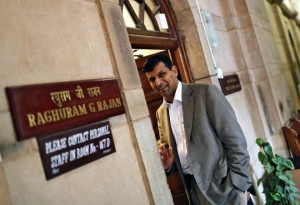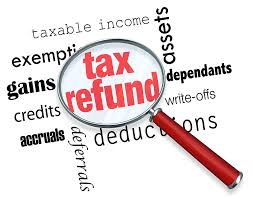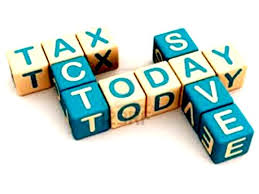
Blaming multinational corporations squarely for tax controversies, Reserve Bank Governor Raghuram Rajan said their indulgence in avoidance and evasion results in prolonged legal battles.
Addressing the issue of tax havens, Rajan wondered aloud as to what makes a bulk of intellectual property reside in Cayman Islands, quipping that no one has seen scientists in so large numbers in the Caribbean isles.
“Occasionally, there is government excess, but they are not the only ones who commit excesses,” he said, delivering the 13th Nani Palkhivala lecture on ‘Strengthening the free enterprise in India’ in Mumbai.
“Multinational corporations complain all the time of excessive demand about excessive taxation, but it is also true that MNCs across the world tend to find tax avoidance and sometimes tax evasion as an appropriate technique and therefore, there is a constant fight between governments and MNCs,” he said.
In remarks that come within a week of Prime Minister Narendra Modi assuring all retrospective taxation such as the infamous Vodafone case being an issue of the past, Rajan said the movement on taxation within the country has been “positive and in right direction”.
“The movement has been positive and in right direction, including the great debate on retrospective taxation which has allowed us to clarify our thinking on this issue and the government has stated its position very clearly on the way forward.”
The academic-turned central banker said he hopes that the Bankruptcy Code gets passed in the upcoming Budget session of Parliament. The code will help facilitate credit for both large enterprises as well as smaller ones which have suffered the most under laws like the Sarfaesi Act.
“It would make it much easier for the smaller firm to get credit and also allow the large firm to get credit because now there is a way for the lenders to recover the money in the Bankruptcy Code,” he said.
Rajan said the government is also working on a plan to have unique IDs for businesses on the lines of the ambitious Aadhar programme for individuals, which will help establish credit histories and make it easier for the better-behaved firms access credit.
“The government is in the process of creating a unique firm ID, the same way as Aadhaar, which will help us identify firms and who is the promoter and thereby get a sense of the antecedents of firms that will give credit histories, which will allow banks to lend to them,” Rajan said.
He called the notion giving credit to smaller businesses for job creation in the economy as a “myth”, saying it is the large-scale firms alone which do the task effectively.
Welcoming the government’s Start-Up India plan, he said there is a need to have a large number of smaller firms which are growing to become big businesses, and one should avoid creating a tendency where the entrepreneur prefers to remain small.
The RBI Governor said it is essential to evolve into a place where money does the talking rather than other elements like one’s caste or religion, and added that businesses should also stop looking for special dispensations.
Stressing on the need for skilling people, he said “capitalism starts at the age 21” and one should not force children to undergo excessive competition before that.
Rajan said he is very optimistic about India of the present, despite the many problems it faces, saying “we have always found our way to fight the ills and emerge stronger”.
“Yes, we have our weaknesses and our excesses, but our democracy is self-correcting, and even while some institutions weaken, others come to the fore. India’s is a dynamic society, ever changing, ever rejuvenating,” he said.
Speaking before Rajan, former RBI board member Y H Malegam flagged the growing instances of trouble caused by fringe elements which are threatening the very idea of India, comparing it with the situation where a little man is causing a long shadow during what looks like a sunset.
Rajan quipped, “Even though little men cast long shadows at sunset, the sun does rise in our country.”
“In the spirit of what Palkhivala (the late eminent jurist) said, India always seems to find a way, perhaps not quickly, perhaps not linearly, but eventually in due course.”

